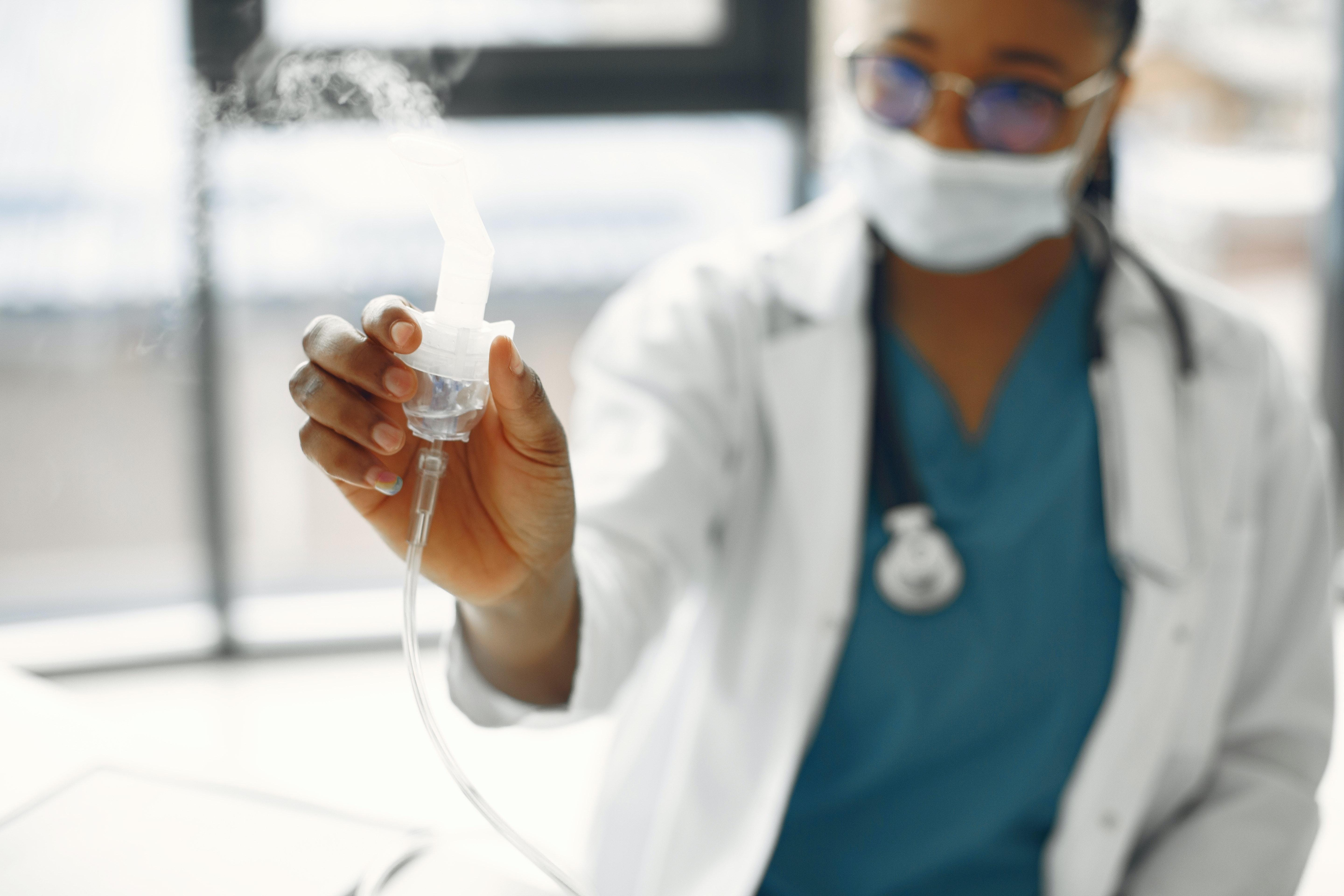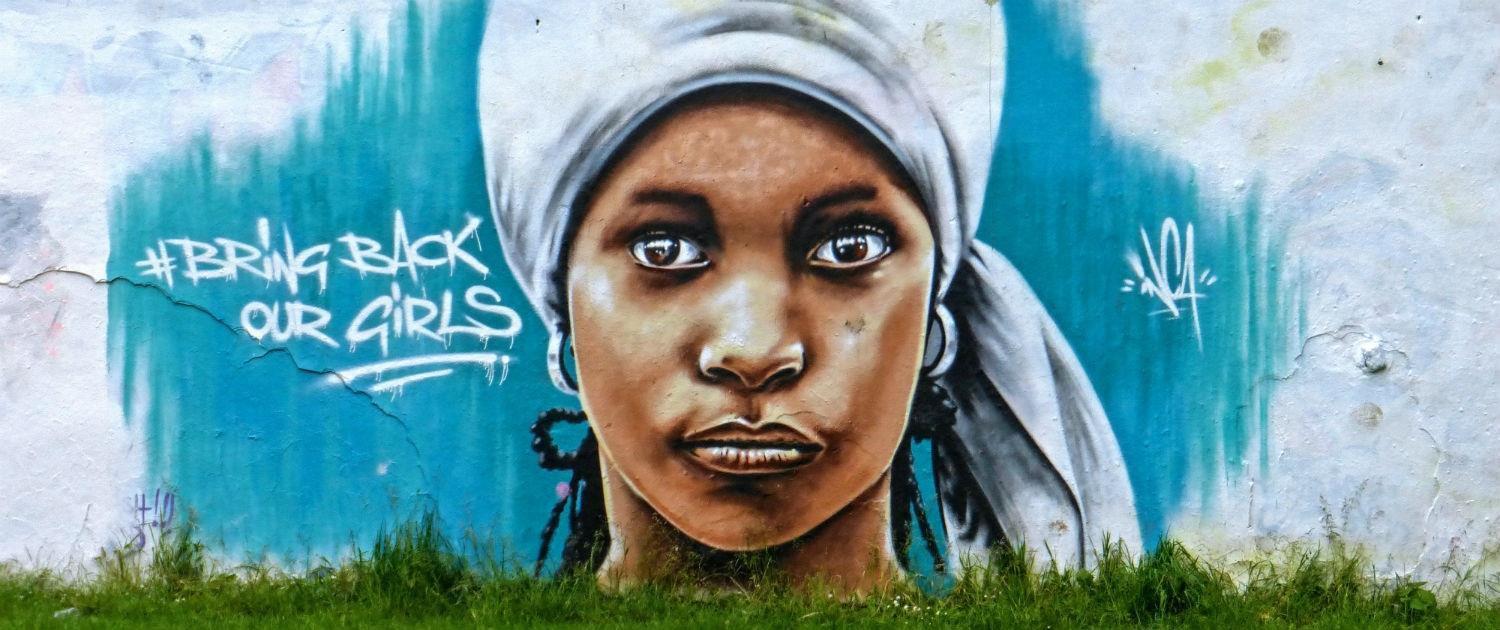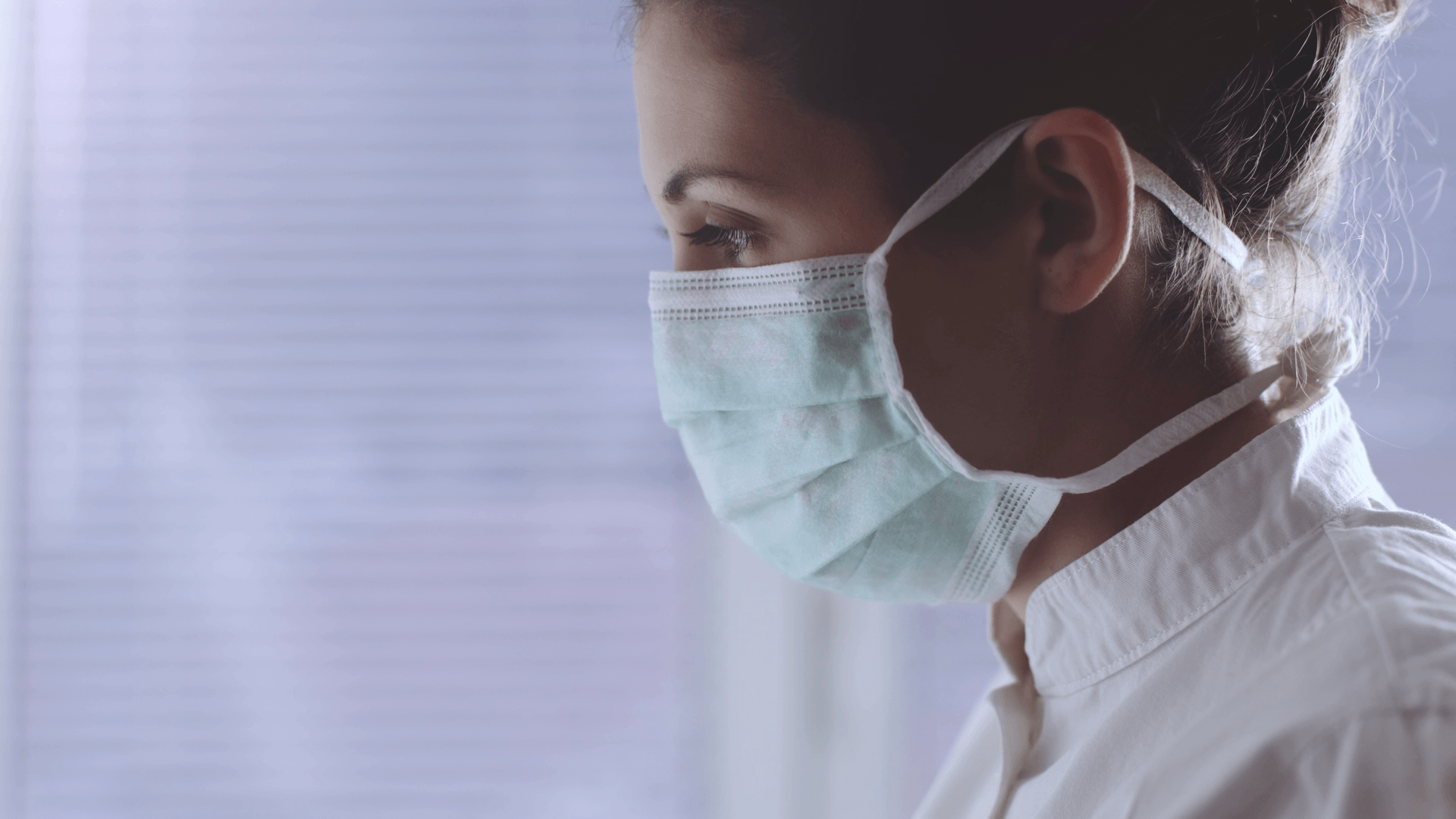This past Tuesday, 10 November, Campaign for Female Education (CAMFED) Co-CEOs Angie Murimirwa and Lucy Lake shared insights from their organization’s response to the impact of COVID-19 on girls’ education with members of Cambridge University’s REAL (Research for Equitable Access in Learning) Centre.
AISE Consulting Group's Deborah Spindelman discusses lessons learned from the seminar in this blog:
Working with 6,853 schools and their communities across Ghana, Malawi, Tanzania, Zambia, and Zimbabwe, CAMFED works to improve access, learning, and thriving in schools for the most marginalized girls.
Those considered most marginalized before the pandemic are also most likely to be negatively affected by pandemic-related business and school closures. These closures, CAMFED found, have exacerbated existing inequalities through inequitable access to alternative learning via the digital divide, loss of income for families who struggled to keep their girls in school even before lockdowns, and restricted mobility and interaction which disconnects young people at risk of violence from the support they need.
Supported by the Malala Fund, A.I.S.E. is working with Women's Rights Advancement and Protection Alternative (WRAPA) across five states in Northwestern Nigeria to conduct baseline research about the effects of school closures on girls’ education and well-being. Building connections between schools, mental health, and social protection services is more important than ever before as schools reopen, according to CAMFED. Research shows that an exclusive focus on learning outcomes following education disruptions is insufficient, and that mental and physical well-being are necessary prerequisites for learning.
In the panel, CAMFED’s co-CEOs called for the involvement of researchers throughout the design, formulation, implementation, and evaluation stages of educational responses to the pandemic, an approach which is reflected in the partnership of A.I.S.E. and WRAPA (Women's Rights and Advancement Protection Alternative).
AISE Consulting is conducting a Baseline survey to support the Women’s Rights Advancement and Protection Alternative (WRAPA) Malala Funded project aimed at mitigating the COVID-19 impacts on Girls’ education in six (6) Nigerian States; Adamawa, Sokoto, Katsina, Jigawa, Plateau and Abuja. The project is aimed at ensuring girls’ access to education, as a right, is not truncated by the impact of the COVID-19 pandemic. Other objectives include support to aid girls in graduating classes to complete their final exams with minimal psychosocial impact ensuring return, retention and safety for girls’ educational continuity.
WRAPA’s pro-poor focus is also critical to this work, according to findings from CAMFED and the REAL Centre. While programming which targets the most marginalized girls may cost more than that which targets more accessible children, the impact per dollar spent has been shown to provide greater value for money as inclusive education systems which effectively include their most marginalized students end up serving all of their students.
The COVID-19 pandemic has exposed the work that remains to make quality education accessible and safe for marginalized learners. The pandemic also provides an opportunity to build back better by connecting the knowledge, networks, and institutions which are committed to ensuring that the opportunity presented by this moment will not be lost. Marginalised populations, have been most negatively affected by business and school closures from COVID-19. Girls who are on the margins have been hit the most. Restricted mobility and interaction have disconnected children from the support they need and exacerbated existing inequalities:
- Digital divide: ¾ of their target families don’t have electricity.
- Loss of income: families couldn't afford to keep their CAMFED girls in school even before the shutdown.
- Informal trading was shut down, child-headed households were disconnected. 62% reported a shortage of food.
Young women started responding by:
- Supporting the accurate dissemination of information: Anxiety, helplessness, disinformation. NGO-generated info was usually in English, required both translating AND decoding. Radio stations, WhatsApp groups.
- Child safeguarding: basics, food, soap, facemasks, often provided by the girls themselves but also connecting them to local resources
- Keeping girls safe: printing learning material, liaising with teachers to decode safety information. Big effort to speak out against child marriage. Reminding them that this disruption will pass. Worked with traditional leaders to annul child marriages as discovered (track and trace)
CAMFED responded to some of the issues, in the following way:
Using epidemiological tools (track and trace) methods to track girls at risk during school closures, local CAMFED community networks seem to be mobilizing to respond to rumours of child marriage. When they respond, they bring PPE (personal protective equipment) and other basics, plus locals who sit on various committees (girls, social protections, etc) to intervene. and fuse the existing resources they have, in the following way:
● Knowledge capital; Know where the girls are, who is at risk
● Social capital: Have open communication channels to find out when problems arrive
● Institutional capital: Have teams that will come together with the power of the law and traditional authority to take action
Collaboration outside of CAMFED:
Learner guides: Female graduates who mobilize in their home communities around learning needs and psychosocial needs of most marginalized children in their local area. and work directly with individual children. They conduct home visits, in partnership with school and other community members. Schools don’t always know the situation at home, at least not in real-time. “
There is also local training with other community members so that the learner guide isn’t trying to help on her own. LGs were classified as an essential service in most countries which let them keep working through the lockdowns. Positioning young people’s expertise in their own experience to oversee the development of the curriculum for their training. This also built the social capital of the LGs themselves.
Role for researchers:
Respect is important for researchers.
- As hard as it is, come to the research clean, assume you don’t know anything. Come prepared to learn, to know different, to change.
- Listen. Learn to listen beyond what people are saying. Look to their behaviour, look past the received wisdom (ex, parents don’t want their girls in school)
- Feedback needs to be accessible. The people who are most impacted by the phenomenon need to understand what you’ve found and make sure it is connected to what matters to them.
How do we work with ministry folks-- linking the data to practical applications in intervention, policy, funding. Ask the right questions in the right way.
Increased GBV during lockdown. Having intimate knowledge of the community where they work. Meant they know who was at greatest risk before the crisis, so were able to prioritize. GBV came from lack of means, hunger, loss of income-- so mobilized resources proactively. EVERYONE knew that girls were not alone -- including would-be abusers. Linking to counsellors, local hospitals, victim advocates,
Advice on school reopening research?
This is going to be a big issue. Mental health issues have been a core issue in Education. Documenting the response is critical-- bringing in outreach networks and collaboration in key.
Social and Emotional Learning might be Key
● Whilst it may cost more to reach the most marginalized children, the impact per dollar spent provides greater value for money.
● CAMFED's program has been able to attain similar cost effectiveness outcomes to ones that have not included the aim of reaching the most marginalized.
● Inclusive education systems will function for everyone if they function for the most marginalized.
We also know that focusing only on students’ learning outcomes is insufficient, as mental and physical wellbeing are equally important, especially during and after disruptions.
Rigorous research helps us identify what works – and what doesn’t. Involving educational researchers should happen from the outset, not only in the evaluation process, but already at the design and formulation phase, and indeed throughout implementation.



